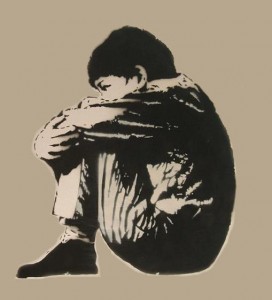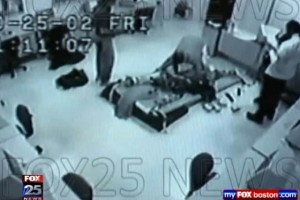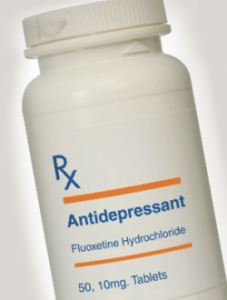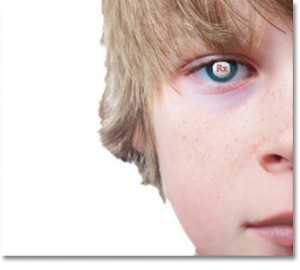
Psychiatry’s new blood test for diagnosing kids”mentally ill”— is bogus
A study about a new “blood test” that can supposedly be used to determine teens have “Major Depressive Disorder” is being heralded by the press as a breakthrough in legitimizing psychiatric disorders as medical conditions. We’re going to cut to the chase—it’s not even close to a breakthrough. It’s the same old tactic psycho/pharma has used for decades; since they can’t prove mental disorders are medical conditions by any scientific/medical standards, they’ll just prove it in the press, which apparently requires no scientific evidence to come up with headlines such as this one “Scientists develop first blood test to diagnose depression.”
We’re going to make this simple: No they haven’t. Not even close.






SHARE YOUR STORY/COMMENT: